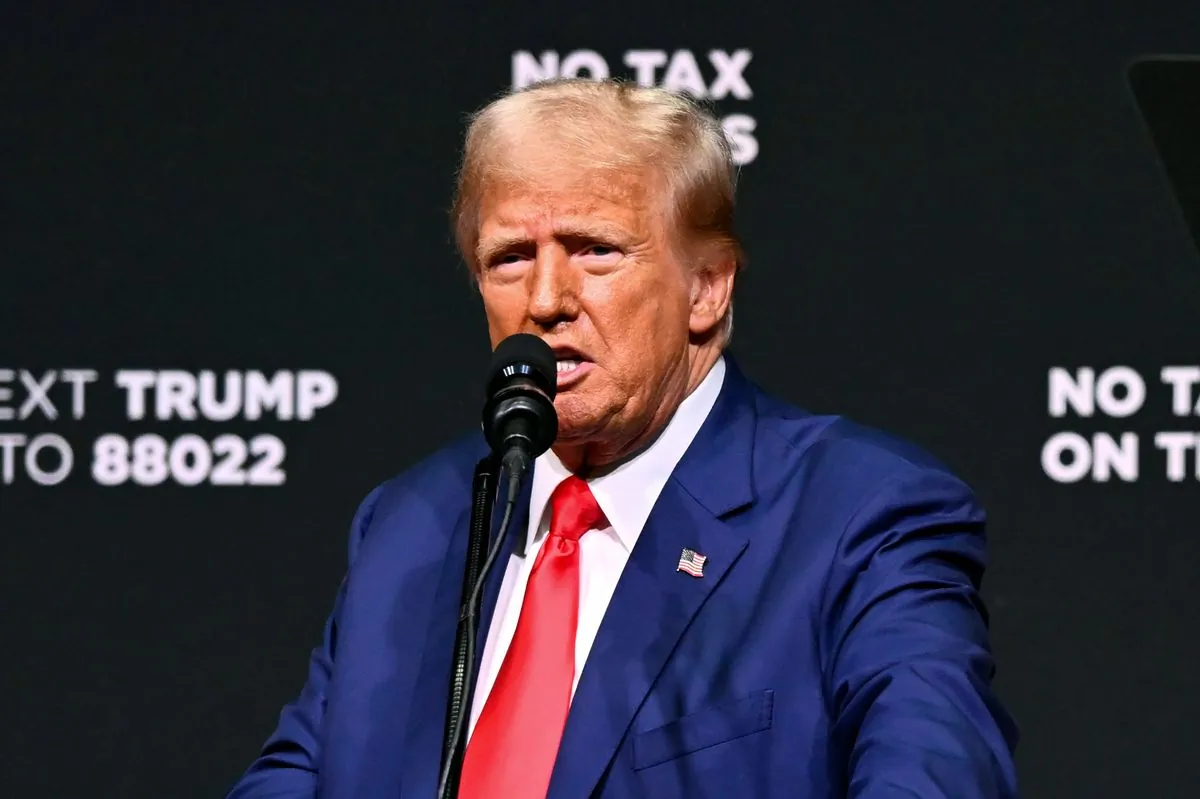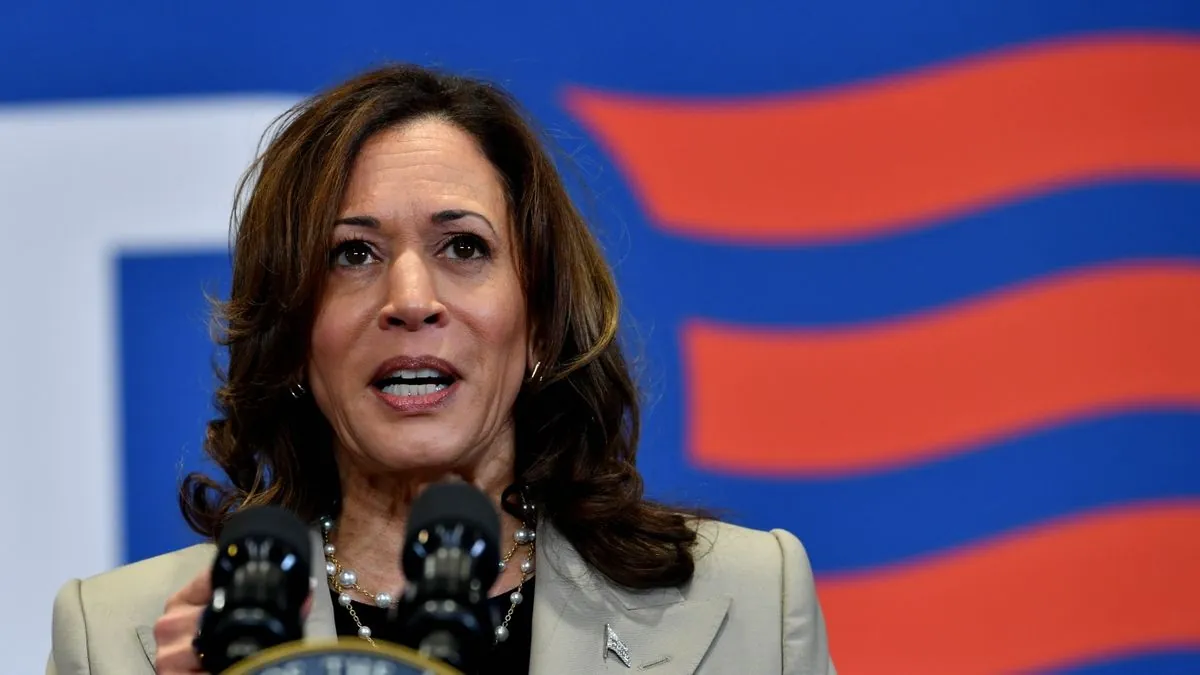GOP Candidates Shift Abortion Stance in Key House Races
Some House Republicans in competitive districts are adopting more moderate language on abortion rights ahead of the election, contrasting with the party's traditional stance. This shift responds to Democrats' campaign success on the issue.

In a notable shift, a select group of House Republicans are adopting a more moderate stance on abortion rights as the election approaches. This change in messaging is particularly evident in districts won by Joe Biden in the 2020 presidential race, where GOP candidates are carefully navigating the complex issue of reproductive rights.
The transformation in rhetoric is striking, given the Republican Party's long-standing association with pro-life positions. For decades, the GOP platform has advocated for restrictions on abortion access, with the party celebrating the overturning of Roe v. Wade in 2022. However, the political landscape has shifted dramatically since then, with Democrats successfully campaigning on the promise to defend reproductive rights.

Recent polls indicate that a majority of Americans oppose the Supreme Court's decision to overturn Roe v. Wade. A Washington Post-ABC News survey conducted two months ago revealed that 62% of respondents disagreed with the ruling, while only 35% supported it. This public sentiment has prompted some Republican strategists to advise candidates, especially those in swing districts, to adopt a more nuanced approach when discussing abortion.
Matt Gunderson, a GOP House candidate running in a Southern California swing district, exemplifies this new strategy. In a recent campaign ad, Gunderson directly addresses viewers, stating, "I believe abortion should be safe, legal and rare." This phrase, popularized by Bill Clinton in the 1990s, represents a significant departure from traditional Republican rhetoric on the issue.
Similarly, Rep. Juan Ciscomani (R-Ariz.) has emphasized his support for exceptions to abortion restrictions in cases of rape, incest, and to protect the life of the mother. This approach aligns with the concept of conscience clauses, which allow healthcare providers to refuse to perform abortions based on personal beliefs while still acknowledging certain circumstances where the procedure may be necessary.
The shift in messaging also reflects the complex legal landscape surrounding abortion in the United States. Since the Dobbs decision, states have gained more authority to regulate abortion, leading to a patchwork of laws across the country. This situation has made it increasingly important for candidates to articulate clear positions on the issue.
Rep. Richard Hudson (N.C.), chairman of the National Republican Congressional Committee, has encouraged GOP candidates to state their positions on abortion and contrast them with their opponents. This strategy aims to counter the Democrats' messaging dominance on the issue, which has been a key factor in recent elections.
However, Democrats argue that polls show majority support for federal protections of abortion rights, rather than leaving the decision to individual states. Rep. Suzan DelBene (Wash.), chairwoman of the Democratic Congressional Campaign Committee, has accused House Republicans of attempting to "cover up their antiabortion records with fibs and falsehoods."
The debate over abortion rights continues to evolve, with new terms and concepts entering the political discourse. For instance, the idea of "reproductive justice," coined in 1994, addresses broader issues of reproductive health and rights beyond just abortion access. As the election approaches, candidates on both sides of the aisle will need to navigate these complex issues carefully.
"The Republican Party has to do a better job in earning the American people's trust back on abortion."
As the political landscape continues to shift, it remains to be seen how effective this new Republican messaging strategy will be in swaying voters. With the first presidential election since the Dobbs decision fast approaching, the issue of abortion rights is likely to remain at the forefront of political discourse for the foreseeable future.


































